- Home
- slideshows
- miscellaneous
- The best books about science from the last 15 years that everyone should read
The best books about science from the last 15 years that everyone should read
"The Singularity is Near" by Ray Kurzweil

"The Sixth Extinction" by Elizabeth Kolbert
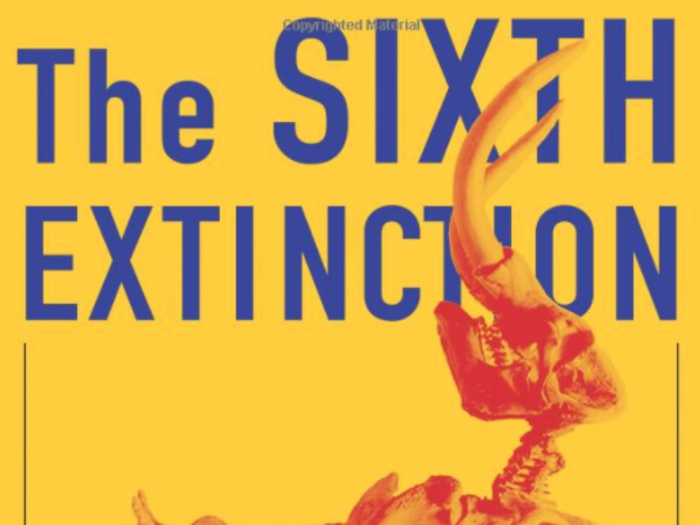
Over the last 500 million years or so, the world has been faced with five distinct mass extinction events, usually in response to some sort of global cataclysm, like an asteroid strike or intense volcanic activity.
In her latest work, Elizabeth Kolbert takes a look into the science behind what she deems the "Sixth Extinction" — and it's primarily caused by us. While accompanying geologists, marine biologists, and botanists on their fieldwork, Kolbert introduces readers to species that are being wiped out existence because of our impact on the planet.
"Collapse" by Jared Diamond
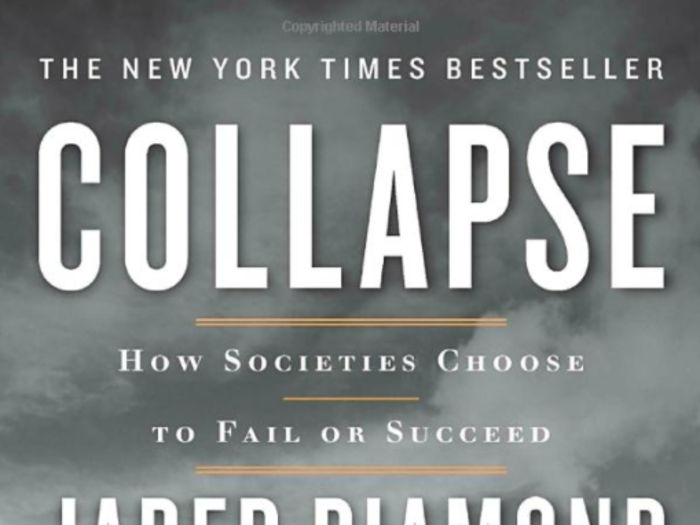
Jared Diamond's look into the causes of social and environmental collapse is a worthy read as we grapple with similar issues on a global scale.
Diamond uses Easter Island, the Maya, early Viking settlements on Greenland and Iceland, and other prominent civilizations as case studies in how misguided political decisions, rapid population growth, and unsustainable agricultural practices lead to calamity.
Since the US has a president who refuses to acknowledge climate change, Diamond's book can provide a worthwhile lesson and serve as a roadmap for future generations.
"Enlightenment Now" by Stephen Pinker
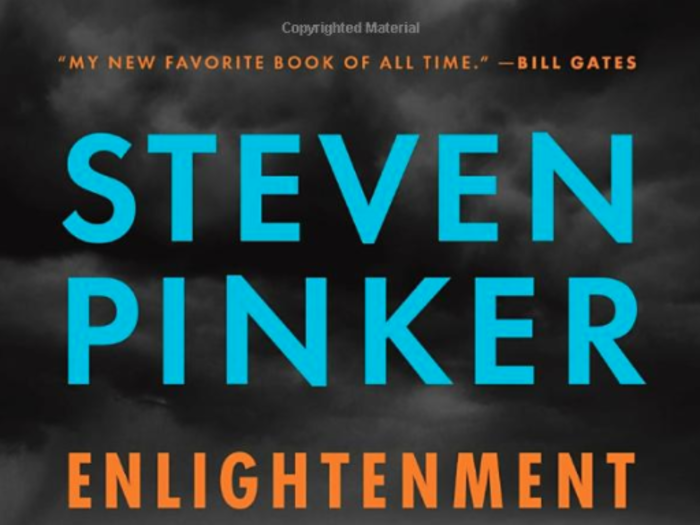
Bill Gates called "Enlightenment Now" his "new favorite book of all time," and that's high praise coming from someone who reads over 50 books a year.
Steven Pinker, a professor of psychology at Harvard and the author of a number of popular science titles — takes a sweeping look at human history and comes to the optimistic conclusion that we're living in the most peaceful era humans have ever enjoyed.
He analyzes 15 indicators, like literacy, quality of life, and safety, and compares data to show how they have changed over time. Despite the doom and gloom we often see in the news, Pinker's findings are astounding.
By all the measures he looks at, humans are much safer than ever before.
"Sapiens: A Brief History of Humankind" by Yuval Noah Harari
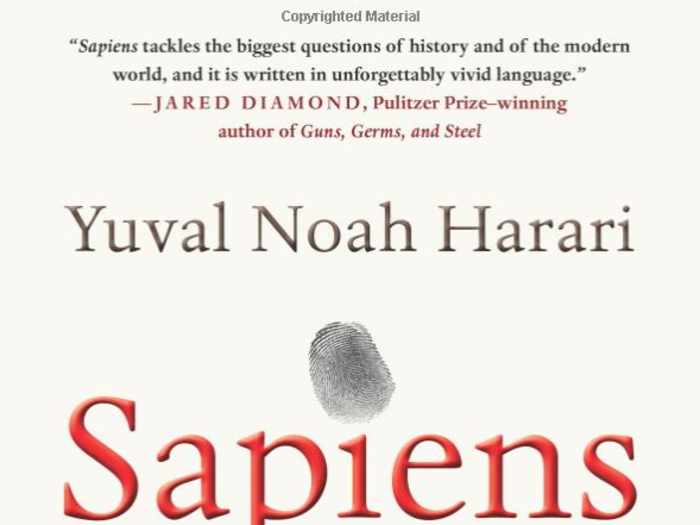
According to Harari — a historian and philosopher by training — human history has been shaped by three major revolutions: Cognitive Revolution (70,000 years ago), the Agricultural Revolution (10,000 years ago), and the Scientific Revolution (500 years ago).
This forward march of progress has enlightened our species and allowed us to do what no other collection of organic molecules have been able to do, like launch satellites into space, create judicial systems and vast corporations, and put our species on the verge of overcoming natural selection.
"Energy and Civilization: A History" by Vaclav Smil
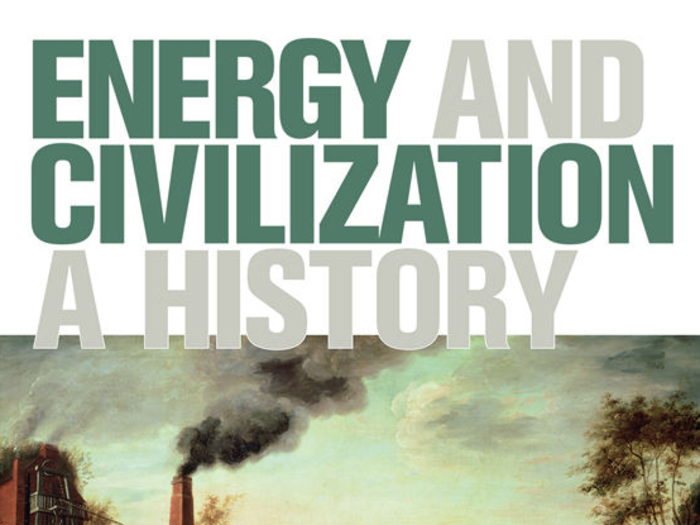
Vaclav Smil, a professor of public policy and environment at the University of Manitoba, explores how energy — from the earliest donkey-powered mills to renewable power sources — has shaped human society.
Smil makes the case that energy consumption and economic growth are undeniably linked, and prognosticates over how we'll make the transition to a society fully powered by renewable energy.
Bill Gates called Smil one of his favorite authors, and said he would read "just about any topic he found interesting and wanted to dissect."
"Astrophysics for People in a Hurry" by Neil deGrasse Tyson
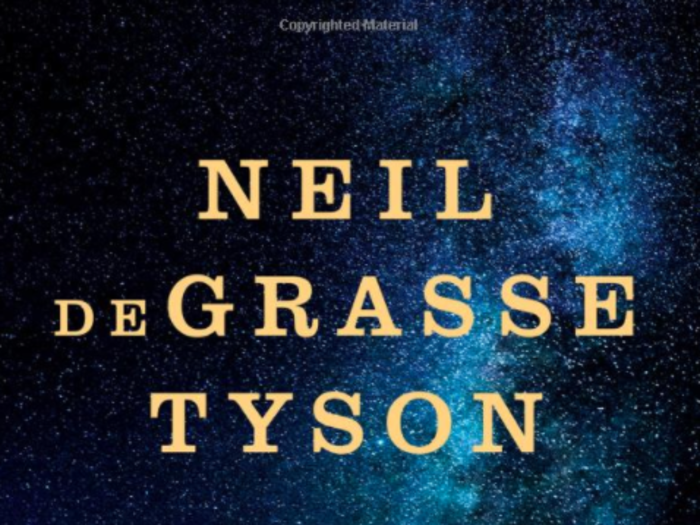
If you want to contemplate black holes, quantum mechanics, and time itself but you also have a day job, Neil deGrasse Tyson's "Astrophysics for People in a Hurry" is the book for you.
A survey of the most important topics in cosmology and astrophysics, deGrasse Tyson's book offers a readable introduction to the universe and may help you understand a little bit more about what scientists are looking for in the great beyond.
"The Soul of an Octopus" by Sy Montgomery
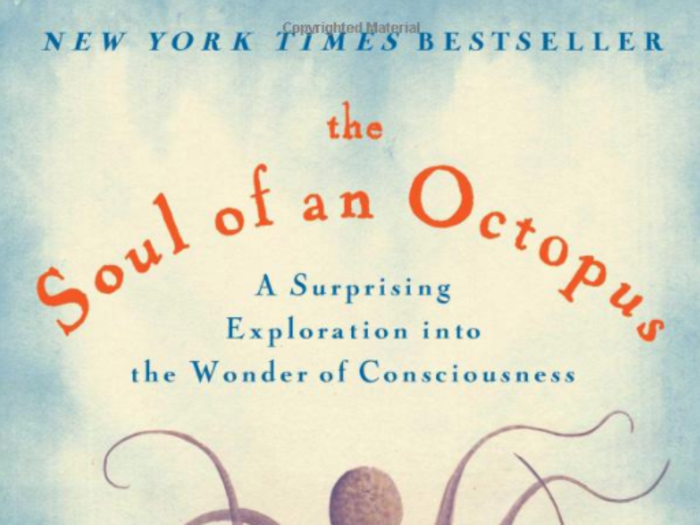
Sy Montgomery's immersion into the astounding world of Octopus intelligence is both funny — when she recounts how some creatures make daring escapes — and a deeply profound look at the intelligence (and humanity) of a species so different from us.
Scientists are only just beginning to understand how the eight-armed animals view the world, and what their color-coded communication means. If you are at all curious, start with "The Soul of an Octopus."
"1491: New Revelations of the Americas Before Columbus" by Charles C. Mann
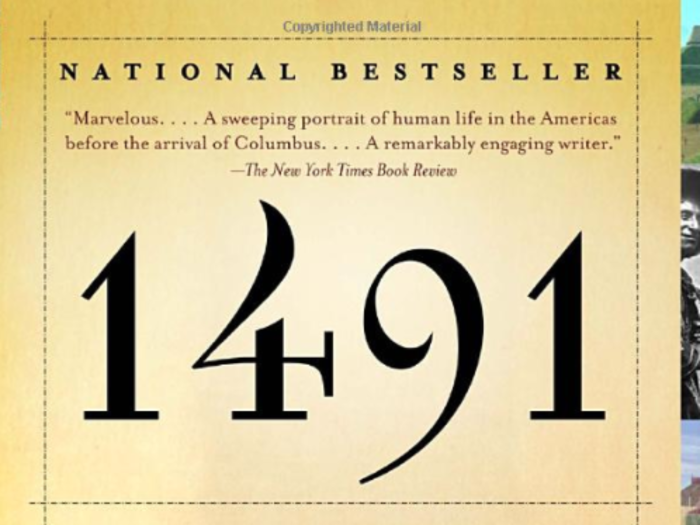
Author Charles C. Mann's look at what the complex societies of the Americas were like before Christopher Columbus's fateful arrival is still as eye-opening as it was when it was first released in 2005.
Mann lifts the veil on the spectacular cities and civilizations of the "New World," and how they rivaled the empires in Europe and Asia.
He also explores how places like the Amazon rainforest — long thought of as pristine wilderness — have actually been subject to human intervention for thousands of years.
"The Lost City of Z" by David Grann
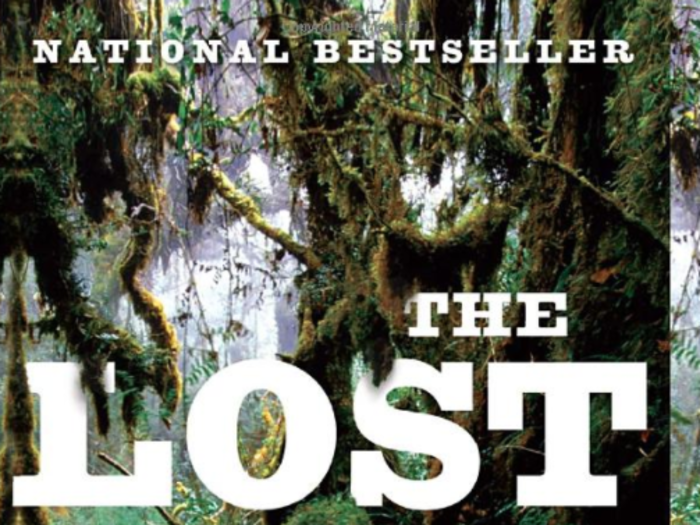
At once a profile of the legendary English explorer Percy Fawcett — who disappeared in the steamy Amazon jungle sometime around 1925 — an investigation into the leading research around the pre-Columbian inhabitants of the Amazon, and a gripping tale of adventure, New Yorker staff writer David Grann's "Lost City of Z" is a true page-turner.
Fawcett, who was sent to map unexplored regions of the jungle, became possessed by what he saw as evidence of a complex civilization. Derided by his Eurocentric colleagues at home, Fawcett organized subsequent expeditions to figure out the truth — and disappeared in the process.
Grann sets out for the jungle himself to figure out what happened, and it's something you'll want to dive into.
"The Emperor of all Maladies" by Siddhartha Mukherjee
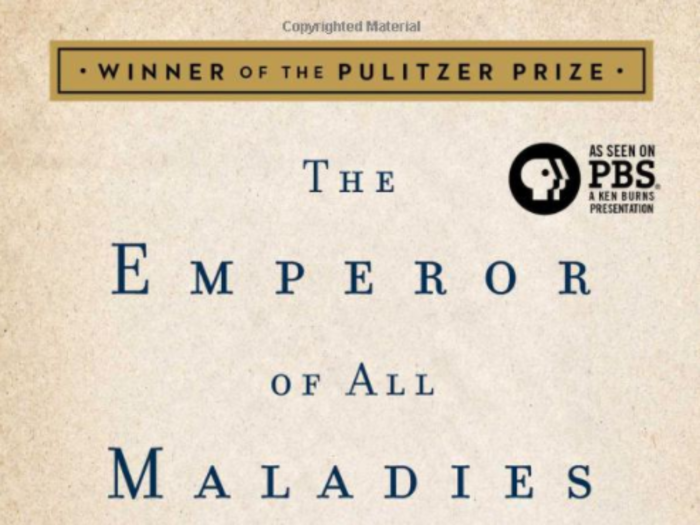
Siddhartha Mukherjee's Pulitzer Prize-winning debut work is a "biography" of one of the most pernicious diseases to afflict humankind: Cancer.
Mukherjee, an oncologist by training, takes a sweeping look at human history and how we have struggled to cure, understand, and make sense of the disease for thousands of years.
Both a seminal work of history and a look at the science behind metastasizing cancer cells, Mukherjee's book is required reading for those looking to understand our relationship to cancer.
Missed anything?

Email the author: jberke@businessinsider.com
Popular Right Now
Popular Keywords
Advertisement